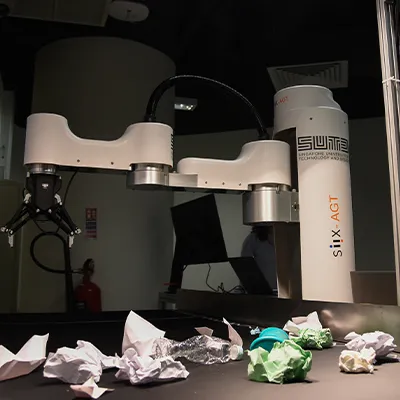Artificial Intelligence and its impact on humanity continue to be a topic of debate. Singapore is keen to harness AI in key sectors and to be a leader in deploying AI solutions.
Here, three global executives suggest how Singapore and Singaporeans can realise the positive impact of AI while managing the change and risks posed by AI.
They were recently in Singapore to attend the Economic Development Board’s annual International Advisory Council meeting, to discuss the country’s strategies for achieving sustainable growth, driving job creation and strengthening its influence in the global economy.
#1 Virginia Rometty: AI will not be a net jobs destroyer but it’ll remake work
As with any other powerful technology, AI comes with the potential for misuse. If it is not deployed responsibly, it could have real-world consequences - especially in sensitive, safety-critical areas. Singapore differentiated itself early by developing one of the world’s first AI governance frameworks, leading to the establishment of the AI Verify Foundation. In doing so, the country set a standard encouraging investment and broad adoption of AI by enterprises in a safe and secure way.
IBM has long been a leader in collaborating with governments to develop effective regulatory systems. We have been clear that the responsible regulation of AI should be based on three core tenets. First, we must regulate AI risk, not AI algorithms. As each AI application is unique, we strongly believe that regulation must account for the context in which AI is deployed and must ensure that the high-risk uses of AI are regulated more closely.








